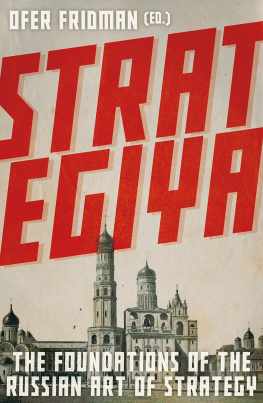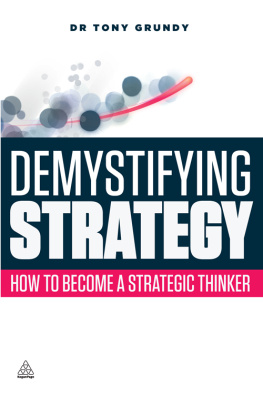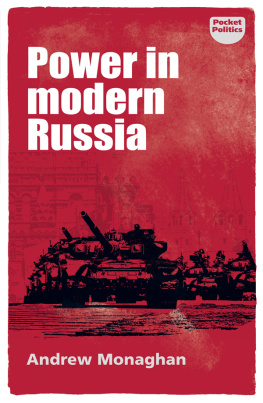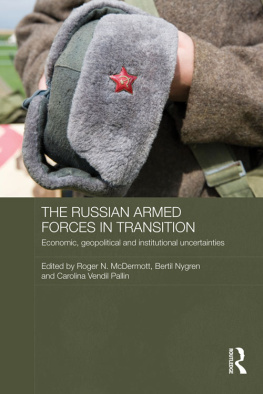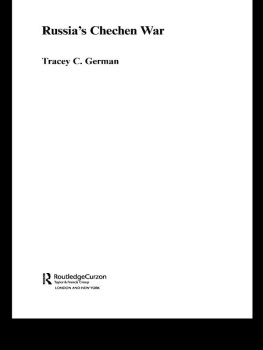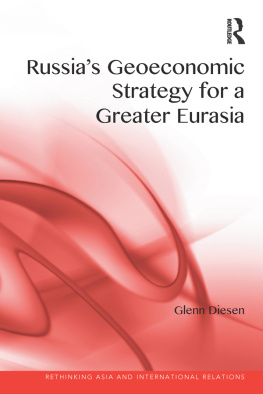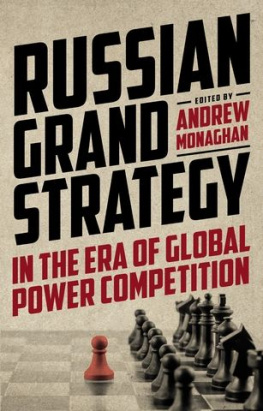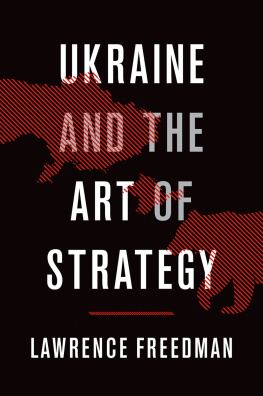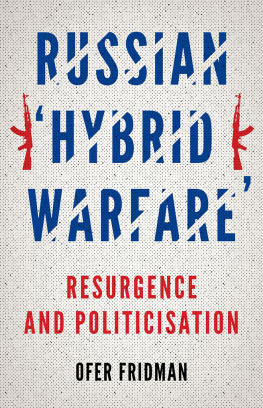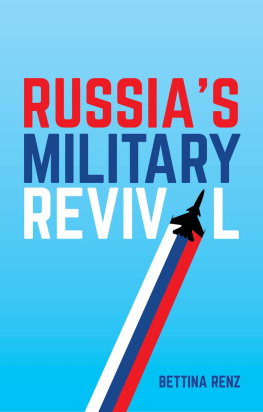Contents
Page List
Guide
STRATEGIYA
OFER FRIDMAN
(Translator and Editor)
Strategiya
The Foundations of the Russian Art of Strategy
First published in the United Kingdom in 2021 by
C. Hurst & Co. (Publishers) Ltd.,
83 Torbay Road, London NW6 7DT
Copyright Ofer Fridman, 2021
All rights reserved.
Printed in the United Kingdom
The right of Ofer Fridman to be identified as the author of this publication is asserted by him in accordance with the Copyright, Designs and Patents Act, 1988.
A Cataloguing-in-Publication data record for this book is available from the British Library.
ISBN: 9781787384842
This book is printed using paper from registered sustainable and managed sources.
www.hurstpublishers.com
Copyright in the five Works cited and translated has expired:
Genrikh Leer (18291904), Opyt kritiko-istoricheskogo issledovaniya zakonov vedeniya voyny (polozhitelnaya strategiya) [The Experience of Historical-Critical Research into the Laws of Military Art (Positive Strategy)], (St Petersburg: Pechatnya V. Golovina, 1869).
Evgeny Martynov (18641937), Obyazannosti politiki po otnosheniyu k strategii [The Responsibili-ties of Politics in its Relations with Strategy], (St Petersburg: Tipografiya Glavnogo Upravleniya Udelov, 1899).
Nikolai Mikhnevich (18491927), Osnovy strategii [The Foundations of Strategy], (St Petersburg: Tipografiya Trenke i Fyusno, 1913).
Anton Kersnovski (19071944), Filosofiya voyny [The Philosophy of War], (Belgrade: Izdanie Tzarskogo Vestnika, 1939).
Nikolai Golovin (18751944), Nauka o voyne: O sotsiologicheskom izuchenii voyny [The Science of War: On Sociological Research into War], (Paris: Izdatelstvo Gazety Signal, 1938).
Copyright in the following Work cannot be traced, the Author and the Publisher having made their best efforts to locate the copyright-holder
Evgeny Messner (18911974), Lik sovremennoy voyny [The Face of Contemporary War], (Buenos Aires: South American Division of the Institute for the Study of the Problems of War and Peace named after Prof. General N.N. Golovin, 1959).
The national aspects of our military art show that the Russian people harbour an enormous reserve of creativity in the field of military art, that our army has wealth and strength of thought and spirit, and that it does not need any tutorage in this respect, no matter where it comes from.
Aleksei Baiov (1913)
A body of contemporary political and sociological knowledge on the questions of military strategy would be flawed without referring to our forgotten or half-forgotten native authors, who conducted fruitful work before the 1917 Revolution and in certain periods of Soviet history.
Andrey Kokoshin (2016)
Natsionalnyye cherty russkogo voyennogo iskusstva v romanovskiy period nashey istorii [National Features of Russian Military Art in the Romanov Period of Our History] (authors translation).
Politologiya i sotsiologia voennoi strategii [The Political Science and Sociology of Military Strategy], (Moscow: URSS), p. 34 (authors translation).
CONTENTS
by Professor Sir Lawrence Freedman
Genrikh Antonovich Leer
Evgeny Ivanovich Martynov
Nikolai Petrovich Mikhnevich
Anton Antonovich Kersnovski
Nikolai Nikolayevich Golovin
Evgeny Eduardovich Messner
ACKNOWLEDGEMENTS
This project would not have been possible without the generous and invaluable assistance of many people, to whom I would like to express my gratitude. Special thanks are due to Beatrice Heuser, to whom I owe a great deal. Though her responsibilities as my PhD supervisor ended long ago, her continuous support of all my endeavours has been absolutely invaluable. I also wish to express my special appreciation to Neville Bolt, whose readiness to help and unlimited support went far beyond my expectations.
I would like to thank all members of the Department of War Studies at Kings College, with whom I happened to discuss this project. Their support, as well as criticism, served as the fuel that fed the engine of this project.
Surprisingly (or not), I feel indebted to the many scholars whose works I have been translating for the last year and a half. I am sure most of them would be very surprised (and probably pleased) to know that at the beginning of the third decade of the 21st century, their works have been translated into English. Trying to get into their minds through their work was a very interesting and intellectually challenging journey, and for that I am grateful to them.
I would also like to express my gratitude to friends and relatives, of whom there are too many to list, who probably never quite understood what I was doing or why, but always believed in me and in my project nevertheless. I thank you all for believing in me even when I did not.
Last, but definitely not least, I would like to thank the Gerda Henkel Foundation for supporting this project, and Thomas Podranski, manager of the special programme Security, Society and the State, who helped me through many intricate administrative issues.
FOREWORD
Major wars are rare events. When they occur, however, the costs and consequences are likely to be severe, even if they end with victory. This puts pressure on military strategists to anticipate and prepare for future conflicts which may never happen, though if they do the potential effects are likely to be devastating and long-lasting. To help them prepare they will carefully examine any recent war, however limited, for potential lessons for the next, seeking to assess the impact of new technologies or the success of innovative tactics. But that is not enough. There can be no certainty that the next war will replicate the last, at least not sufficiently to allow any lessons to be applied with confidence. To broaden their perspectives, therefore, strategists have little choice but to look to history. That is why the military profession, possibly more than any other, is historically-minded. It studies it own history, not just out of intellectual curiosity, but to find sources of inspiration and guidance for the future.
This was a course advocated by Napoleon, who was wary of theoretical treatises on war. His advice for aspiring generals:
Peruse again and again the campaigns of Alexander, Hannibal, Caesar, Gustavus Adolphus, Turenne, Eugene, and Frederick. Model yourself upon them. This is the only means of becoming a great captain, and of acquiring the secret of the art of war. Your own genius will be enlightened and improved by this study, and you will learn to reject all maxims foreign to the principles of the great commanders.
Those who built their reputations as strategic thinkers, as interpreters of the Napoleonic Wars, such as Antoine-Henri, Baron de Jomini, turned this advice into dogma by insisting that the core principles of strategy were timeless. Through the intensive study of these great figures and their most famous battles, the secrets of success in war might be discerned. It was true that strategic practice would be shaped by the quality of the weaponry, broader social changes and the circumstances of any particular conflict, but they could always be viewed with the benefit of the established framework. So in addition to studying the great captains there have also been good reasons to study the great strategists.

